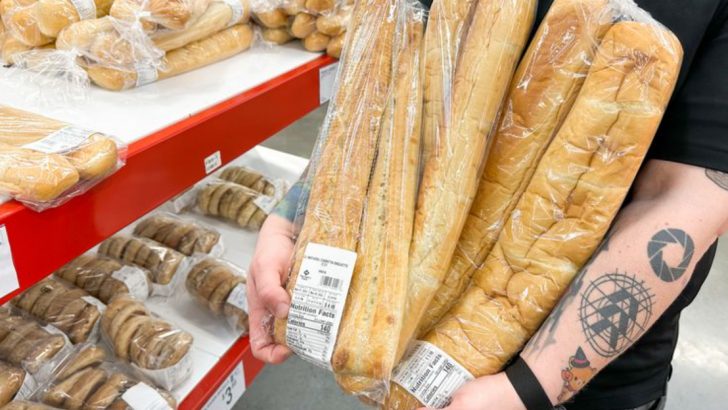Shopping at Sam’s Club can save you money, but not everything is a bargain. Savvy shoppers know which items to skip and where your dollars are better spent elsewhere.
Before your next warehouse club run, check out this insider advice on foods that might not deserve space in your cart.
1. Fresh Produce Packages
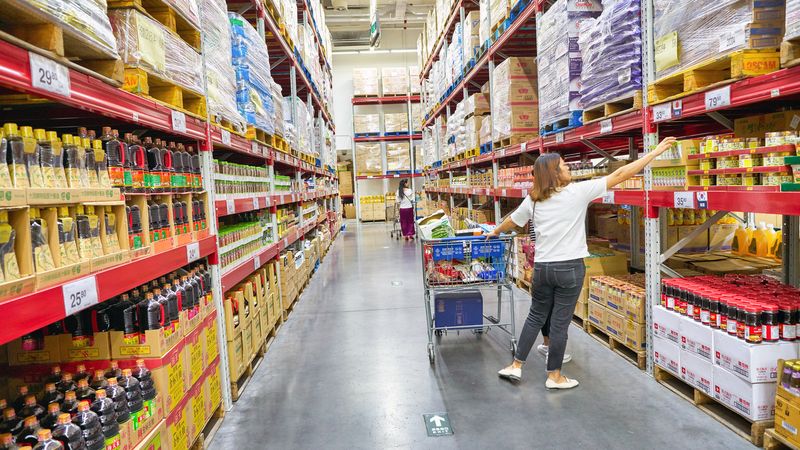
Bulk bags of apples and oranges might seem like a steal, but they often spoil before a typical family can finish them. Unless you’re feeding a small army or planning a fruit-preserving marathon, you’ll likely toss half your purchase.
Smart shoppers buy produce in smaller quantities from regular grocery stores instead.
2. Milk Gallons
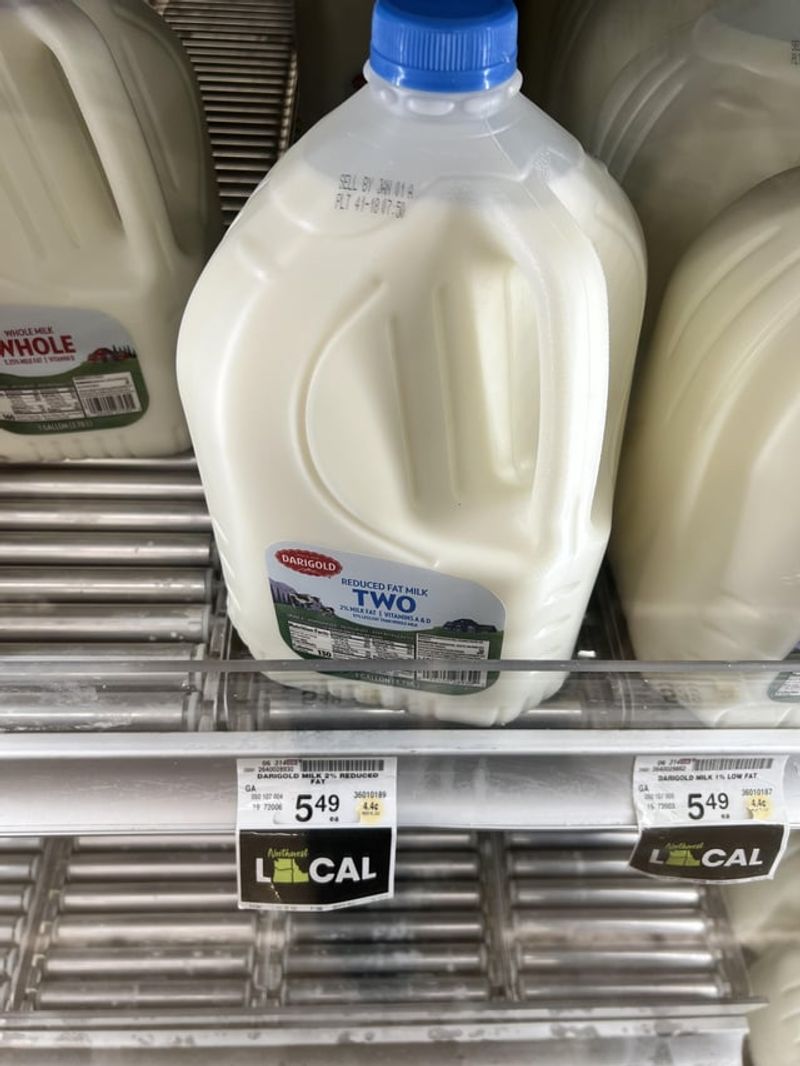
Got milk? You’ll have way too much with Sam’s Club gallons! The expiration date will likely arrive before you reach the bottom of that massive container, especially for smaller households.
Regular grocery stores frequently offer milk sales that beat Sam’s Club prices per ounce anyway.
3. Spices In Bulk
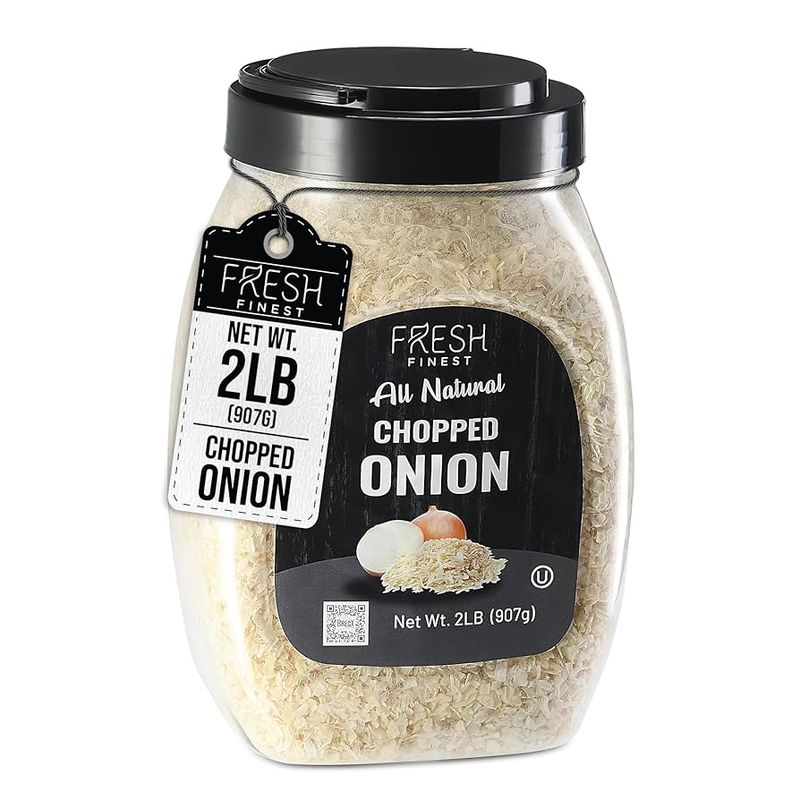
Those giant spice containers look like a bargain until you realize most seasonings lose their potency after 6-12 months. Unless you’re running a restaurant, that massive jar of paprika will be flavorless long before it’s empty.
Smaller containers from grocery stores end up being the fresher choice.
4. Name-Brand Cereals
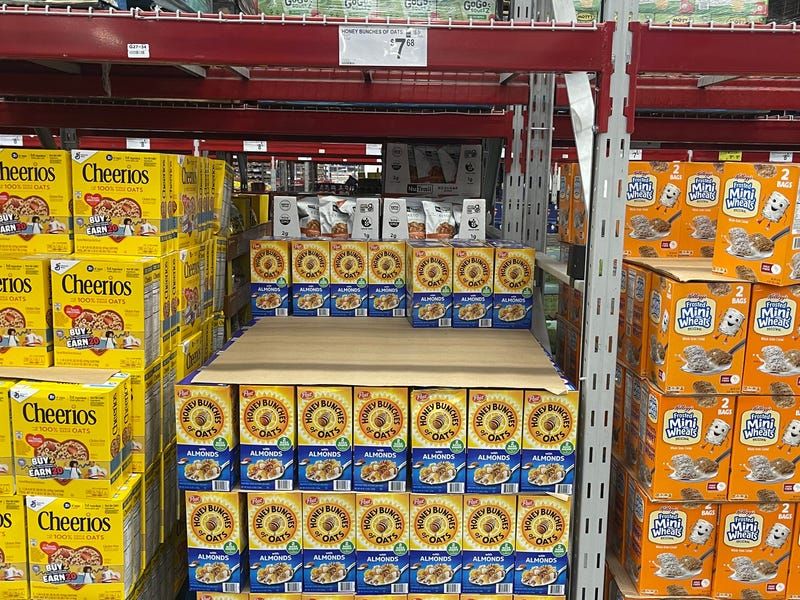
Cereal fanatics beware! Sam’s Club prices on name-brand cereals often aren’t the deal they appear to be. Regular supermarkets frequently run better promotions with coupons that make boxes cheaper per ounce.
Plus, those giant boxes can go stale before your family reaches the bottom!
5. Cooking Oils
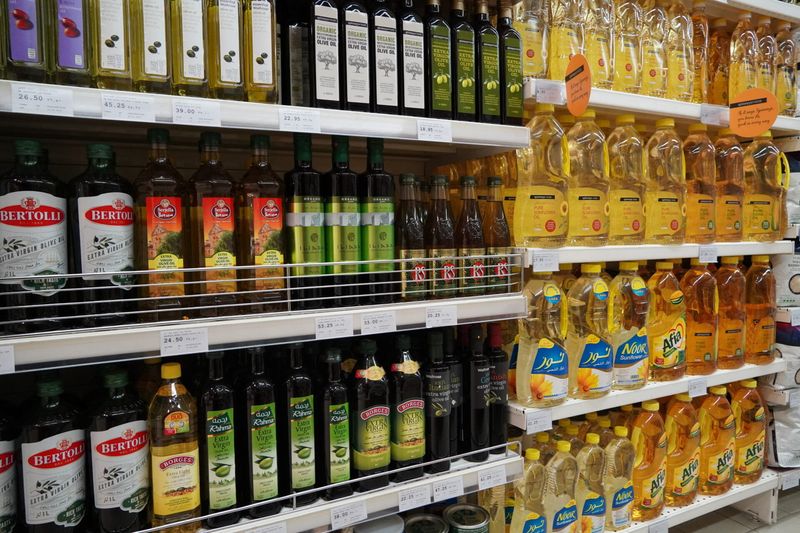
Jumbo jugs of olive oil might seem like liquid gold for your wallet, but oils actually have a shorter shelf life than most people realize. They can go rancid before you use them up, especially when exposed to light and heat.
Smaller bottles from regular stores ensure fresher flavor in your dishes.
6. Bread Products
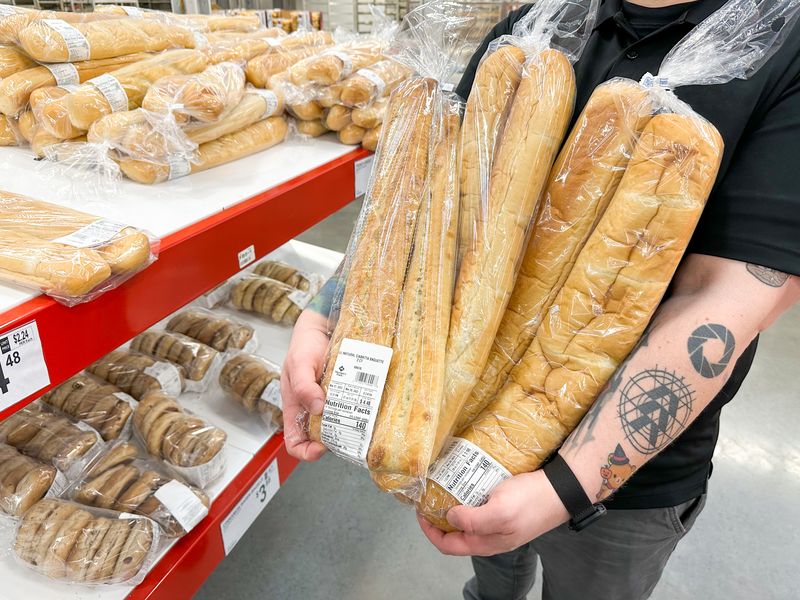
Those twin-packs of bread might look tempting, but unless you’re hosting a sandwich-making competition, they’ll likely grow mold before consumption. Even freezing can’t fully preserve quality.
Local bakeries and grocery stores offer fresher options that won’t become science experiments in your pantry!
7. Pre-Cut Fruit Trays
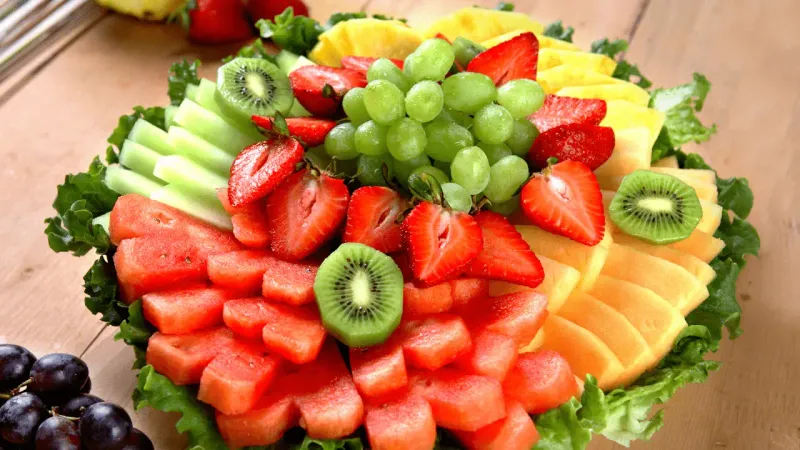
Convenience comes at a steep price with these ready-to-eat fruit platters. Once fruit is cut, it begins deteriorating rapidly, often becoming slimy before you finish the giant container.
The markup is astronomical too—you’re paying someone else to wield a knife for about 30 seconds!
8. Soda Multi-Packs
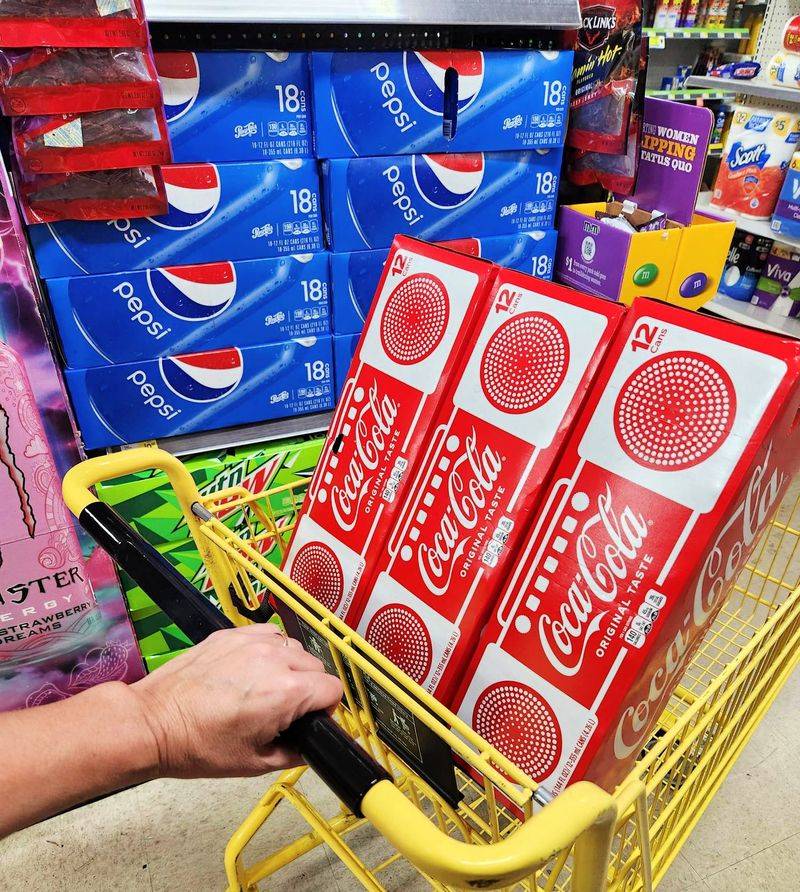
Fizz-enthusiasts might think those massive soda packages are a sweet deal. Reality check: regular grocery stores frequently offer better sales on smaller packs, especially during holidays.
Plus, lugging home that heavy package might require a chiropractor visit—not exactly a savings!
9. Ground Coffee
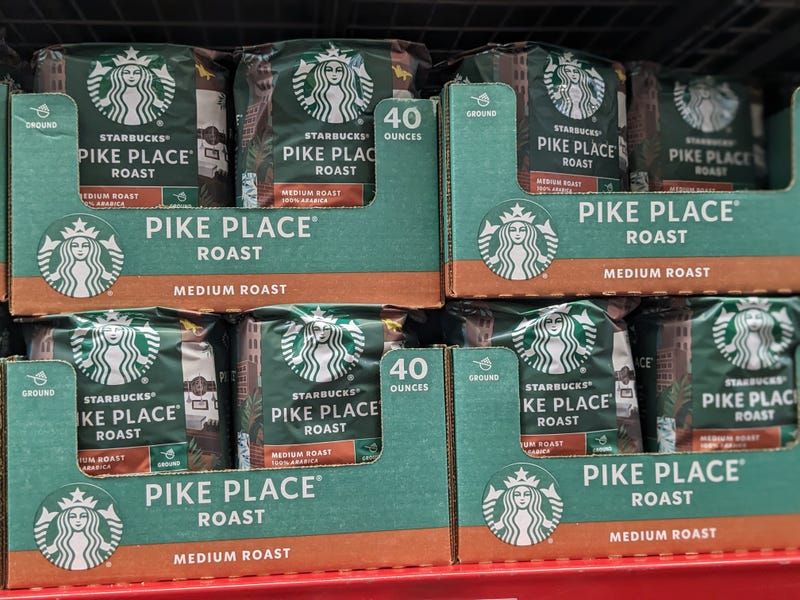
Coffee lovers know freshness is everything, which makes those giant coffee containers a bad buy. Ground coffee begins losing flavor immediately after grinding, becoming noticeably stale within weeks.
Better to buy smaller batches more frequently or invest in whole beans and a grinder for maximum flavor.
10. Condiment Mega-Bottles
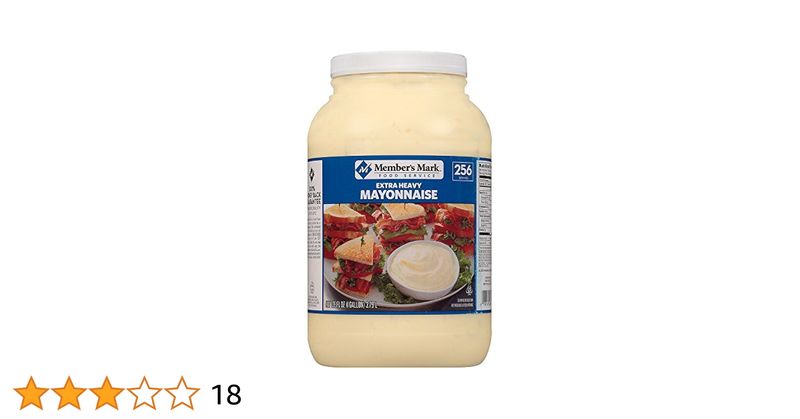
That gallon-sized mayonnaise might seem like a good idea… until it takes up half your refrigerator for a year! Most condiments deteriorate in quality long before you can finish such massive quantities.
Regular-sized bottles from grocery stores are usually competitively priced during sales anyway.
11. Bagged Salad Mixes
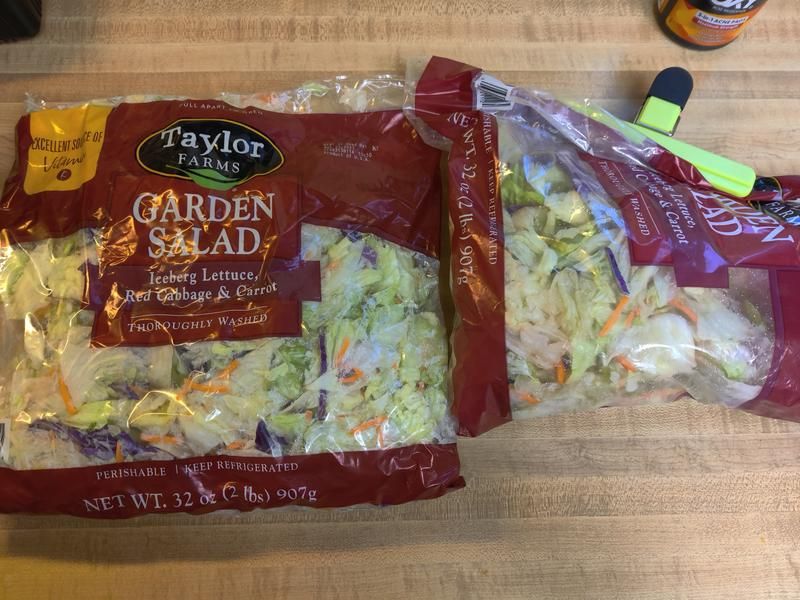
Nothing wilts faster than your enthusiasm for those massive bags of pre-washed lettuce! They start deteriorating immediately and often turn slimy within days.
The convenience factor disappears when half your purchase ends up in the trash. Regular grocery store options provide fresher greens in more manageable quantities.
12. Perishable Baked Goods
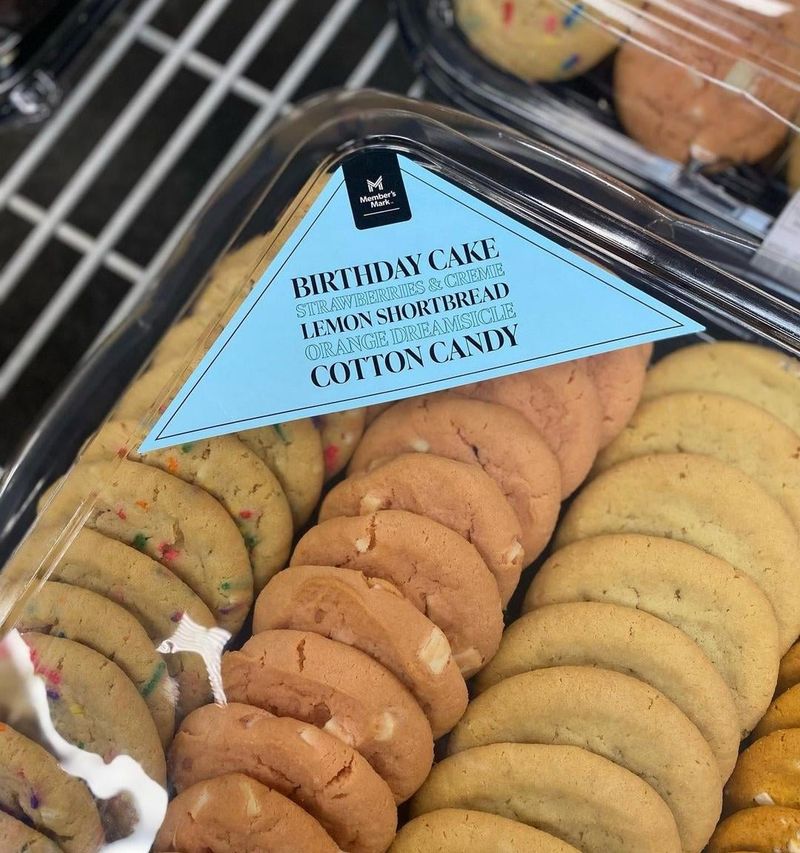
Those giant muffin packs and cookie trays look amazing until day three when they’re dry as the Sahara. Without commercial preservatives, most baked goods have a criminally short shelf life.
Local bakeries offer fresher treats, or better yet, bake smaller batches at home for truly fresh goodies!
13. Fresh Meat Value Packs
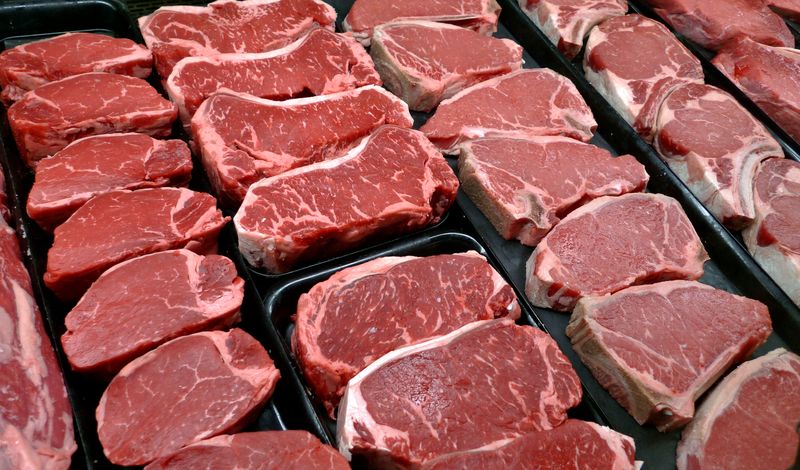
Those family-sized meat packages require immediate freezing plans or you’ll be playing chicken with food safety. Freezing affects quality, and those giant packs often aren’t properly portioned for convenient defrosting.
Butcher shops and grocery meat counters offer fresher cuts in more practical quantities.
14. Organic Produce
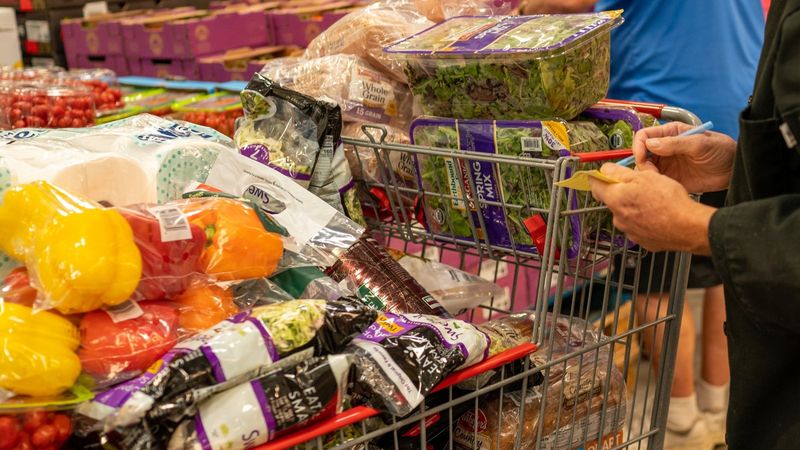
Surprisingly, Sam’s Club organic produce often costs more than specialty stores or farmer’s markets! The quality typically doesn’t match dedicated organic retailers either.
For those committed to organic eating, local co-ops and seasonal farmer’s markets generally offer better value and fresher options than warehouse clubs.
15. Dairy Products (Besides Cheese)
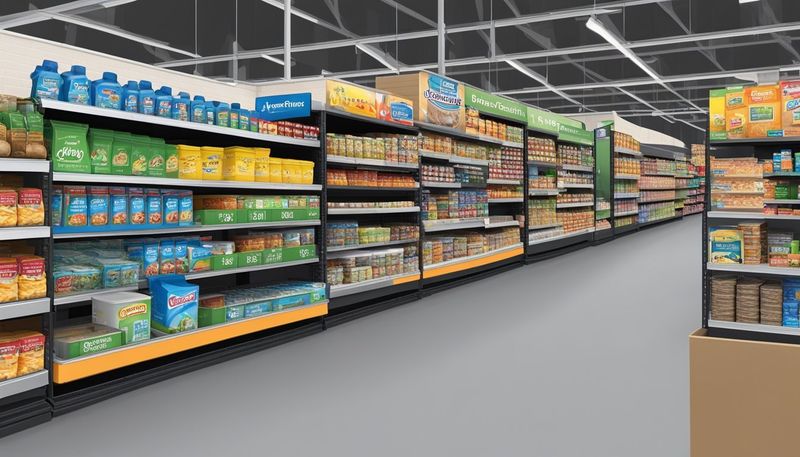
Yogurt, sour cream, and other dairy products have notoriously short shelf lives. Those jumbo containers might seem economical until half goes bad before consumption.
Regular grocery stores frequently offer sales on dairy that beat Sam’s Club prices anyway, especially when you factor in the waste from spoilage.
16. Frozen Prepared Meals
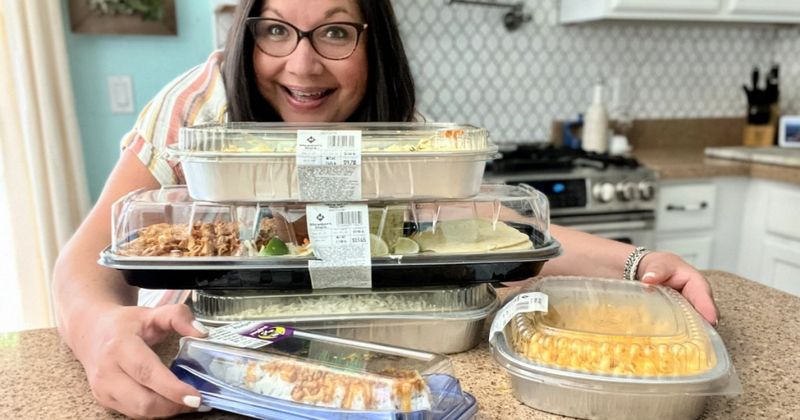
Bulk packages of frozen lasagna and family-sized entrees take up precious freezer real estate for months. The quality is often mediocre at best, with questionable nutritional value.
Regular grocery stores offer better variety and frequently have sales that make individual frozen meals more economical.
17. Bottled Water Cases
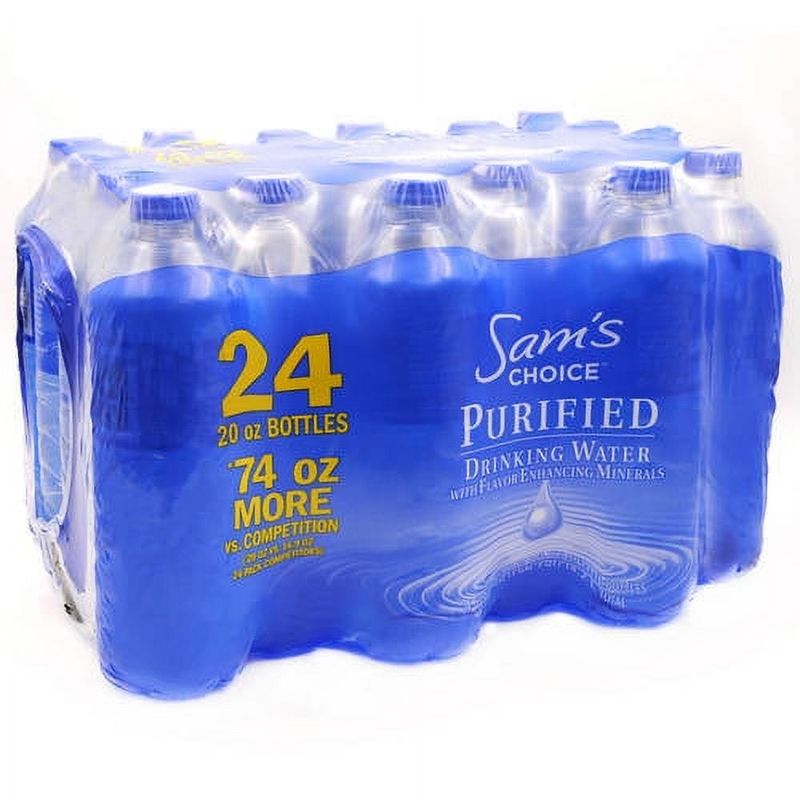
Hauling massive water bottle cases isn’t just backbreaking—it’s wallet-draining too! Sam’s Club water isn’t significantly cheaper than grocery store sales, and the environmental impact is substantial.
Consider a water filter pitcher instead—better for the planet and ultimately cheaper per gallon.

